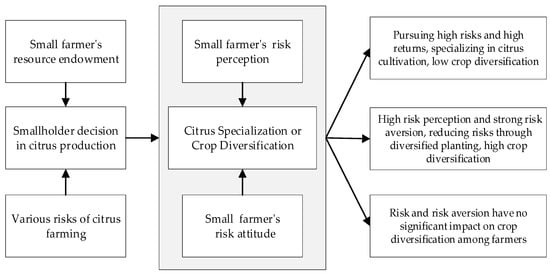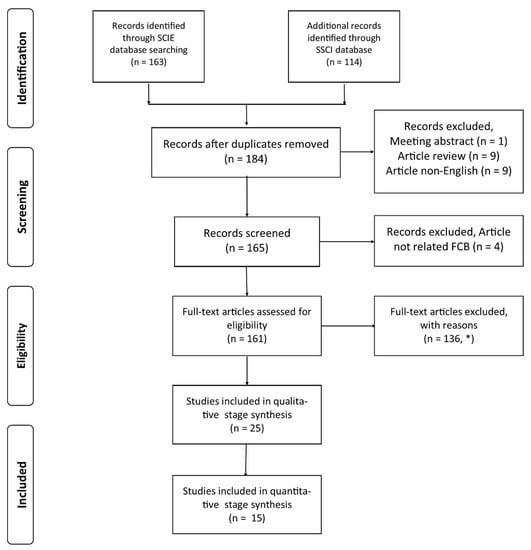Horticultural Economics, Policy, Business Management and Marketing: The Challenge of Sustainability (Closed)
A topical collection in Horticulturae (ISSN 2311-7524). This collection belongs to the section "Horticultural Economics, Policy, Business Management and Marketing".
Viewed by 7344Editor
Interests: horticultural economics, management and marketing; horticultural value and supply chains; fruit and vegetable consumer behaviour; rural development and horticultural policies
Special Issues, Collections and Topics in MDPI journals
Topical Collection Information
Dear Colleagues
Horticulture is vital for the wellbeing of all of us—be it for nutritional reasons (e.g., the consumption of fruit and vegetables) or aesthetic purposes (e.g., the use of ornamental plants). To expand the production of these products and plants, detailed knowledge beyond the science and technology of growing and harvesting them is necessary. In addition, insights into the market needs and behaviours, supportive policy conditions and business management practices of horticultural enterprises are needed.
Horticulture differs from agriculture by the absence of animals, the length of production cycles (perennials versus arable crops) and a higher share of indoor production in controlled-environment conditions. Therefore, while being a well-established academic discipline, the findings from agricultural economics cannot always directly be applied to the horticultural sector. This has implications for the economics, business management and marketing of the involved organisations, enterprises, markets and products. Horticultural economists, marketers, business managers and policy makers require specific, timely and pertinent insights and useful knowledge to contribute their share to make the world a more sustainable place.
This topical Collection aims at providing a knowledge hub where the most recent research results on the economic and social aspects of horticulture with global relevance are combined and displayed. Whether empirical or theoretical, whether applied or fundamental, whether general or specific, this Collection is a home for the latest high-quality research papers. All contributions are welcome that fit in the following topics:
- Horticultural economics including international trade and value chains;
- Policies related to the development and support of horticultural territories, institutions and markets;
- Business management of horticultural commercial enterprises and not-for-profit organizations and associations;
- Marketing of horticultural products as well as insights into the behaviour of final consumers and B2B customers in the supply chain;
We look forward to receiving your submissions!
Prof. Dr. Christian Fischer
Collection Editor
Manuscript Submission Information
Manuscripts should be submitted online at www.mdpi.com by registering and logging in to this website. Once you are registered, click here to go to the submission form. Manuscripts can be submitted until the deadline. All submissions that pass pre-check are peer-reviewed. Accepted papers will be published continuously in the journal (as soon as accepted) and will be listed together on the collection website. Research articles, review articles as well as short communications are invited. For planned papers, a title and short abstract (about 100 words) can be sent to the Editorial Office for announcement on this website.
Submitted manuscripts should not have been published previously, nor be under consideration for publication elsewhere (except conference proceedings papers). All manuscripts are thoroughly refereed through a single-blind peer-review process. A guide for authors and other relevant information for submission of manuscripts is available on the Instructions for Authors page. Horticulturae is an international peer-reviewed open access monthly journal published by MDPI.
Please visit the Instructions for Authors page before submitting a manuscript. The Article Processing Charge (APC) for publication in this open access journal is 2200 CHF (Swiss Francs). Submitted papers should be well formatted and use good English. Authors may use MDPI's English editing service prior to publication or during author revisions.







